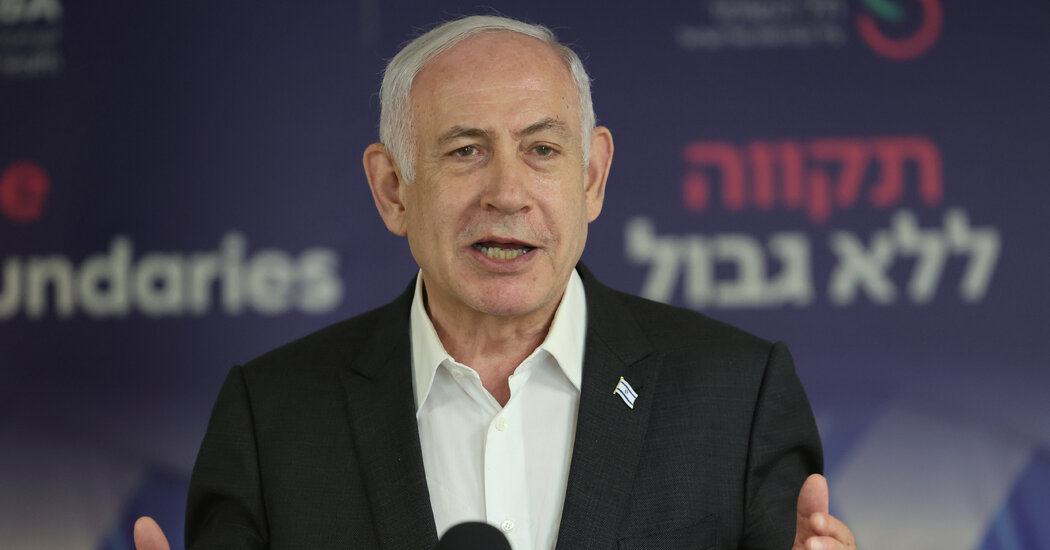Top News
Prime Minister Benjamin Netanyahu faced criticism from Israel on Monday after he reiterated his opposition to a permanent ceasefire with Hamas, amid hopes that a truce was within reach.
Critics said his intervention diminished the chances of an agreement under which Hamas, which is seeking a permanent ceasefire, would release at least some of the Israeli hostages still held in Gaza.
Negotiations on a deal continued Monday in Cairo, where Israeli officials gathered for talks mediated by the Egyptian government. After months of failed negotiations, hopes for a deal were revived last week amid reports that Hamas had become more flexible in key areas, prompting Israeli officials to fly to Qatar, another mediator between Hamas and Israel.
But Netanyahu’s statement on Sunday night tempered those expectations, as it appeared to diminish the chances of a compromise with Hamas over the duration and sustainability of the ceasefire.
“Any deal will allow Israel to resume fighting until all the goals of the war are achieved,” his statement said, reiterating his long-held position that the war must continue until Israel destroys Hamas’ military and administrative capabilities.
Netanyahu’s critics said his intervention — at such a sensitive time in the negotiations — risked derailing efforts to secure the release of some 120 hostages who Israeli officials say are still being held in Gaza, both dead and alive, after being captured by Hamas and its allies at the start of the war in October.
“We are at a critical moment in the negotiations. The lives of the hostages depend on it. Why make such provocative statements?” Yair Lapid, the opposition leader, wrote on social media. “How does that contribute to the process?”
Analysts say Netanyahu’s intervention shows he is trying to balance the effort to free the hostages with his desire to keep his coalition of ultra-nationalist and ultra-religious political parties together.
Mr. Netanyahu’s rise to power depends on the support of two far-right parties that oppose any deal that would leave Hamas in power in Gaza. Critics say that has made him wary of committing to a hostage-free deal that could lead to the collapse of his coalition and early elections that polls show he would lose.
“The simple truth is this: Benjamin Netanyahu does not want a hostage deal,” said Ben Caspit, a biographer and prominent critic of the prime minister, wrote on social media. “He may be willing to take back the hostages, but not at the expense of the well-being of his coalition. It’s that simple.”
Others more sympathetic to Mr. Netanyahu say he may be using hardball negotiating tactics to extract greater compromises from Hamas. With each passing day, Israel’s military operation in the southern Gaza city of Rafah further weakens Hamas’s position there, said Nadav Shtrauchler, a former strategist for the prime minister. “The military’s efforts in Gaza could help him get more from Hamas,” Mr. Shtrauchler said.
Moreover, Mr. Netanyahu may be trying to stave off the collapse of his coalition until late July, when parliament goes into recess. Without a sitting parliament, lawmakers would find it much harder to bring down the government, giving Mr. Netanyahu more room to strike a deal that his coalition partners could resist, Mr. Shtrauchler said.
“He’s trying to create room to move, and he needs time to do that,” Mr. Shtrauchler said.
Gabby Sobelman contributed reporting from Rehovot, Israel.


